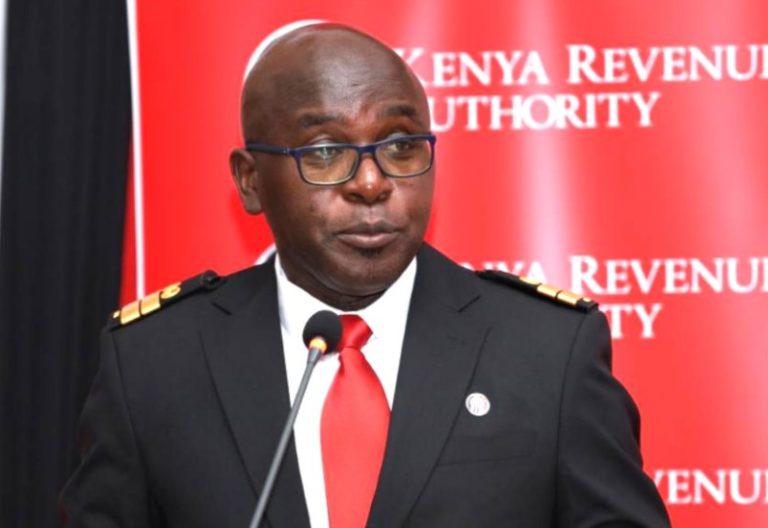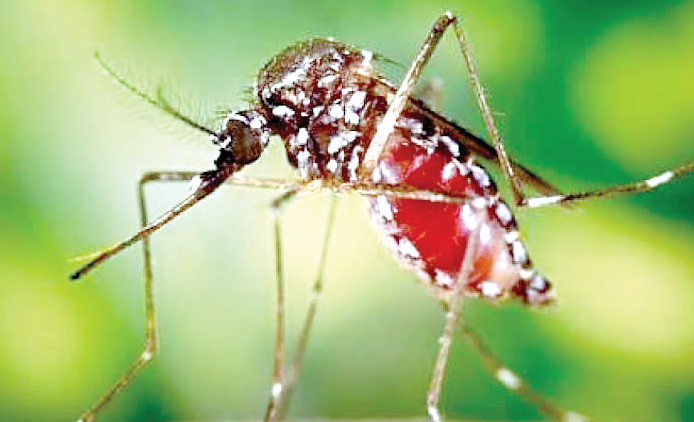25 chikungunya cases confirmed in Mombasa
By Reuben Mwambingu, June 6, 2025Mombasa is in the grip of a Chikungunya outbreak, with health officials confirming a spike in infections across the coastal city.
County disease surveillance officers report that 25 out of 45 samples tested at the Kenya Medical Research Institute (Kemri) were positive for the mosquito-borne virus, signalling a concerning 56 percent positivity rate.
One additional sample tested positive for dengue fever, raising further alarm among public health officials.
“This is now a confirmed outbreak,” said Hussein Bilal, the county’s lead disease surveillance officer. “The virus began spreading rapidly from mid-last month, with hospitals witnessing a sharp rise in patients presenting symptoms.”
According to Bilal, all six sub-counties in Mombasa have recorded cases, but Mvita, Changamwe, Likoni, and Kisauni are bearing the brunt of the outbreak. These areas have registered the highest number of infections.
Chikungunya and dengue are spread by the Aedes aegypti mosquito commonly referred to as the Egyptian mosquito which thrives in stagnant water.
The cases have been attributed to rains and poor drainage which has created a breeding ground for mosquitos.
The mosquito, a known vector of several viruses including yellow fever virus, and Zika virus, is adapted to live in close association with human dwellings. It breeds indoors and bites during the day.
Aggressive campaign
County health teams said they have launched an aggressive campaign to eliminate mosquito breeding sites, including household containers, clogged drains, and even flower vases.
“We are urging residents to eliminate all stagnant water, no matter how small the amount,” Bilal said.
“Water in containers should be changed frequently even water in a flower vase can provide a perfect breeding ground. We also advise residents to wear long-sleeved clothing during the day when these mosquitoes are most active.”
He said they are also encouraging fumigation in homes and even offices, to keep the mosquito at bay.
Although there is no specific cure for Chikungunya, Bilal said that supportive care remains the mainstay of treatment.
Some patients have often been using juice extracted from papaya leaves as home remedy but medics say there is no scientific proof that papaya cures.
“Patients should take paracetamol to manage fever, drink plenty of fluids, coconut water is especially helpful — and get adequate rest,” he said.
“But prevention is better than cure, which is why we’re focusing on environmental control to limit mosquito breeding.”
More Articles

